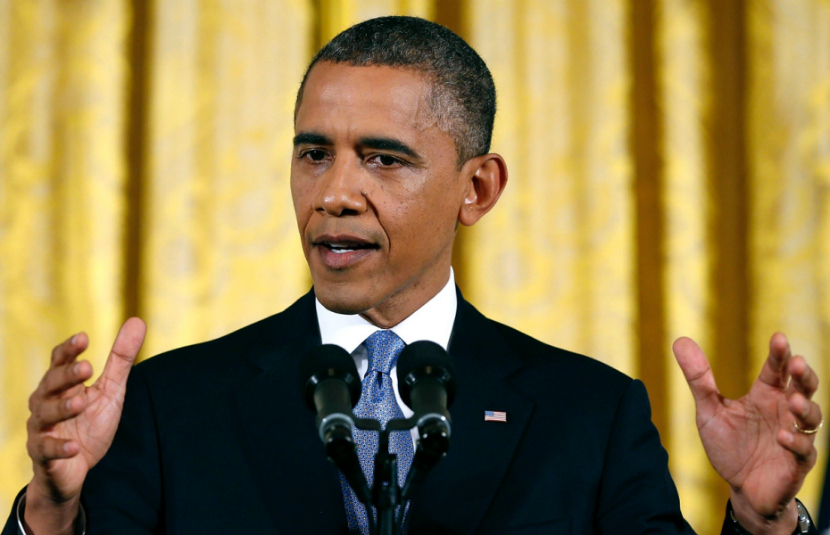 Kerby Anderson
Kerby Anderson
According to Jonah Goldberg, our political culture seems to be obsessed with narrative building. This is an effort by the speaker to connect the dots between a selective number of facts and statistics to prove a point.
Trial lawyers understand how important this is. Our minds look for patterns but are often blocked from seeing them because there might be contradictory facts and data. Shape the narrative into a compelling story, and the jury will arrange the facts in the way the lawyer intends for them to see it.
Politicians also understand the importance of shaping a narrative. President Obama uses this technique when he reassures Americans that they’re more likely to die in a bathtub accident than in a terror attack. He’s right, but the narrative misses the point.
Jonah Goldberg reminds us that bathtubs aren’t trying to get nuclear weapons. Bathtubs are not in the process of destabilizing the Middle East or attempting to conquer the world.
So why does President Obama build this narrative? “He wants the story of terrorism to lose its potency and recede from our politics.” That probably explains why Secretary of State John Kerry suggested that the media shouldn’t cover terrorist acts so much. It probably explains why the media and many politicians want to say any terrorist act is the work of an isolated lone wolf.
Jonah Goldberg also reminds us that certain narratives are not allowed. For example, imagine if some politician said that young black men were more likely to die in domestic accidents than at the hands of police? It is a true statement, but many people would be angry anyway. Liberals would attack that politician for minimizing the issue.
The point of all of this is to be a wise consumer of news and information, especially in this world of spinning a narrative. Reality is more complicated, and contrary information should not be eliminated merely to build a narrative.
 Listen Online
Listen Online Watch Online
Watch Online Find a Station in Your Area
Find a Station in Your Area










 Listen Now
Listen Now Watch Online
Watch Online
